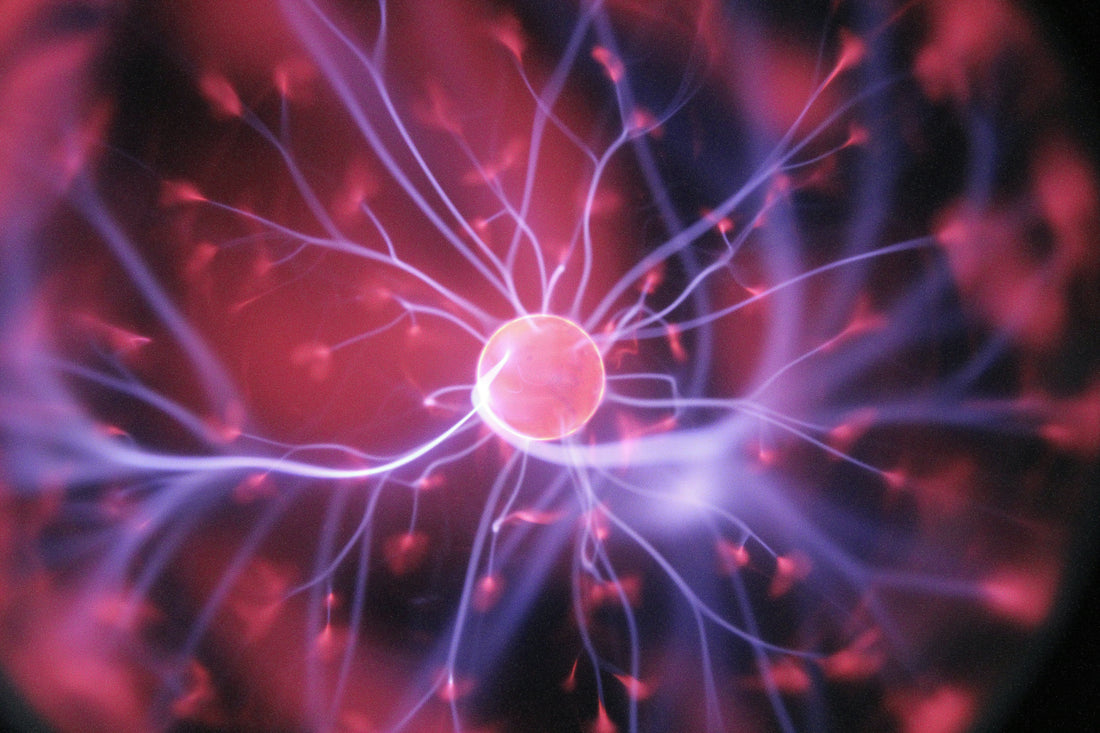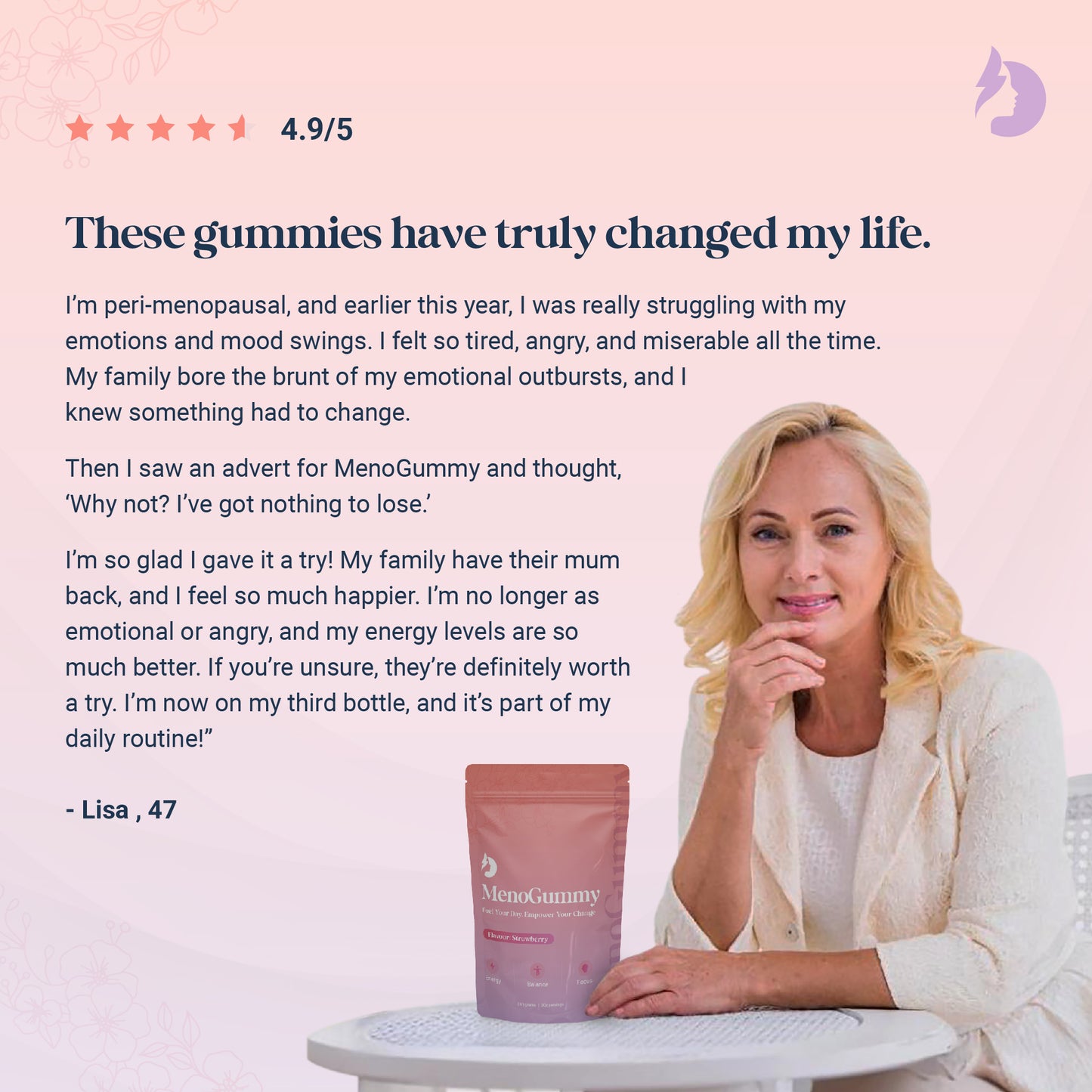
Understanding Menopause: How Your Body Changes and What to Expect
Share
Understanding Menopause: How Your Body Changes and What to Expect
Menopause is a natural phase of life that every woman experiences, but it can feel overwhelming without the right knowledge and tools to manage it. By understanding what happens during this transition, you can approach menopause with confidence and prepare for the physical and emotional changes it brings. In this article, we’ll delve into the stages of menopause, common symptoms, and how to navigate this journey effectively.
What is Menopause?
Menopause marks the end of a woman’s reproductive years, typically occurring between the ages of 45 and 55. It is officially diagnosed after 12 consecutive months without a menstrual period. This stage is driven by a natural decline in reproductive hormones—primarily estrogen and progesterone—which are responsible for regulating the menstrual cycle and supporting other bodily functions.
Menopause doesn’t happen overnight. It unfolds in three stages:
- Perimenopause: This transitional phase can last several years as hormone levels fluctuate. Symptoms often begin during perimenopause, including irregular periods, hot flashes, and mood swings.
- Menopause: The point when 12 months have passed without a menstrual period. At this stage, the ovaries have significantly reduced hormone production.
- Postmenopause: The years following menopause. While many symptoms subside, the body adjusts to lower hormone levels, and risks for certain health conditions, like osteoporosis and heart disease, may increase.
Common Symptoms of Menopause
The symptoms of menopause can vary widely among women, but here are some of the most common:
- Fatigue: Lack of energy
- Hot Flashes and Night Sweats: Sudden feelings of intense heat, often accompanied by sweating, are among the most well-known symptoms.
- Sleep Disturbances: Insomnia or trouble staying asleep can be linked to hormonal changes.
- Mood Swings and Irritability: Hormonal fluctuations can affect neurotransmitters, leading to changes in mood.
- Weight Gain and Slower Metabolism: Many women notice weight gain or changes in body composition during this time.
- Decreased Bone Density: Lower estrogen levels can contribute to bone loss, increasing the risk of osteoporosis.
Explore "Natural Remedies for Managing Menopause Symptoms"
The Emotional Impact of Menopause
Beyond physical symptoms, menopause can have a profound impact on emotional well-being. Hormonal shifts may contribute to anxiety, depression, and feelings of sadness or irritability. These changes can be exacerbated by the stress of managing physical symptoms or societal pressures surrounding aging.
Understanding these emotional shifts is key to addressing them. Building a strong support network and maintaining open communication with loved ones can help alleviate feelings of isolation. Professional counseling or therapy can also be invaluable for navigating emotional challenges during this phase of life.
How Lifestyle Changes Can Help
Adopting a healthy lifestyle can significantly improve how you experience menopause. Here are some tips:
- Exercise Regularly: Engage in activities like walking, yoga, or strength training to boost mood, maintain bone density, and improve sleep.
- Eat a Balanced Diet: Focus on calcium-rich foods, lean proteins, and plenty of fruits and vegetables to support overall health.
- Stay Hydrated: Drinking plenty of water can help manage symptoms like hot flashes and bloating.
- Prioritize Sleep: Establish a calming bedtime routine and create a comfortable sleep environment.
Learn about "The Role of Supplements in Menopause Symptom Relief"
The Role of Creatine in Menopause Symptom Relief
Many women find relief from menopause symptoms through natural, hormone-free supplements. Creatine, a well-known supplement for muscle and energy support, is gaining attention for its potential benefits during menopause. Creatine helps combat common symptoms such as fatigue, muscle loss, and brain fog by boosting energy production at the cellular level and supporting muscle strength. Unlike hormone-based therapies, creatine offers a non-hormonal solution that can enhance physical performance and overall well-being during this transition.
Preparing for Menopause: What You Can Do Today
Menopause is a life stage that every woman will encounter, but with the right preparation, it doesn’t have to be overwhelming. Here are some proactive steps to take:
- Educate Yourself: Read up on menopause and talk to healthcare professionals to understand what’s ahead.
- Build a Support Network: Connect with friends, family, or support groups to share experiences and advice.
- Explore Symptom Relief Options: Consider natural remedies, lifestyle changes, or supplements like MenoGummy to help manage symptoms effectively.
By taking these steps, you can navigate menopause with greater ease and confidence. Remember, every woman’s experience is unique, and finding what works for you may take time. With patience and the right tools, you can embrace this new chapter of life with resilience and grace.












